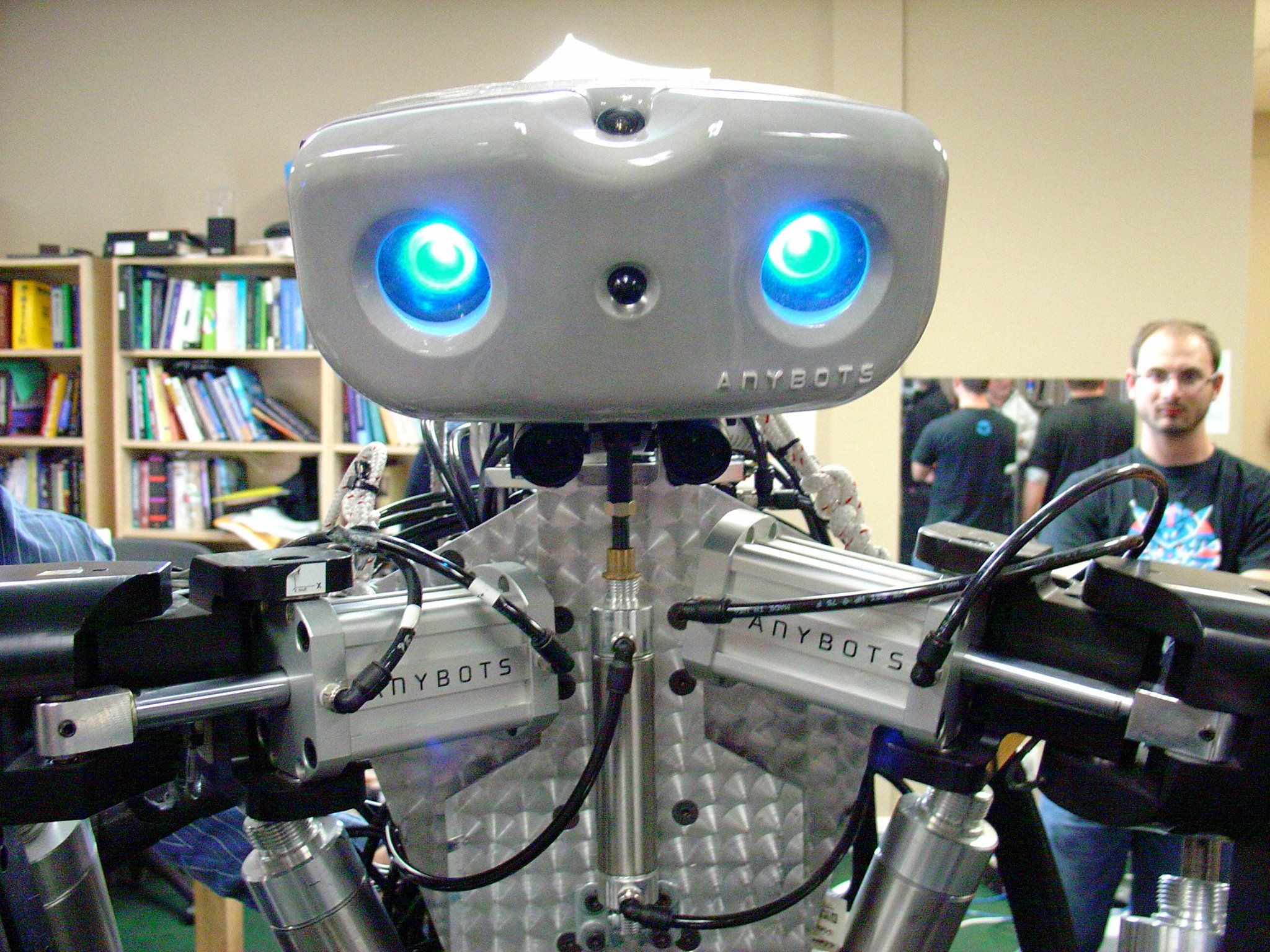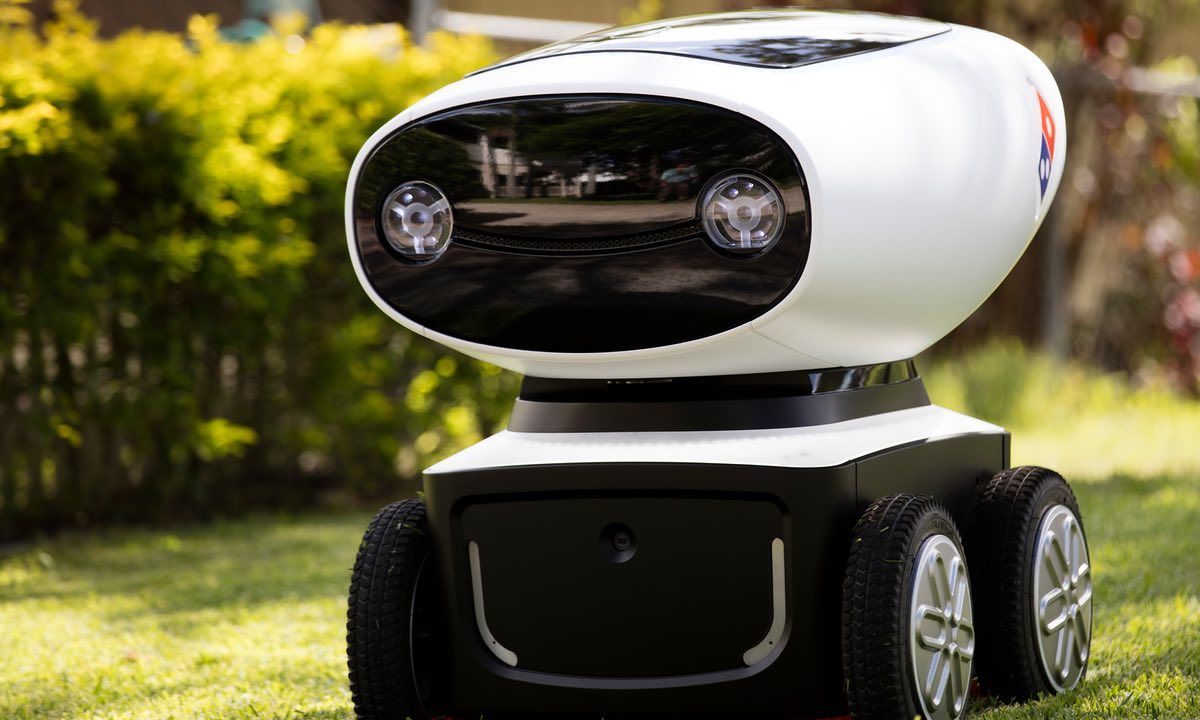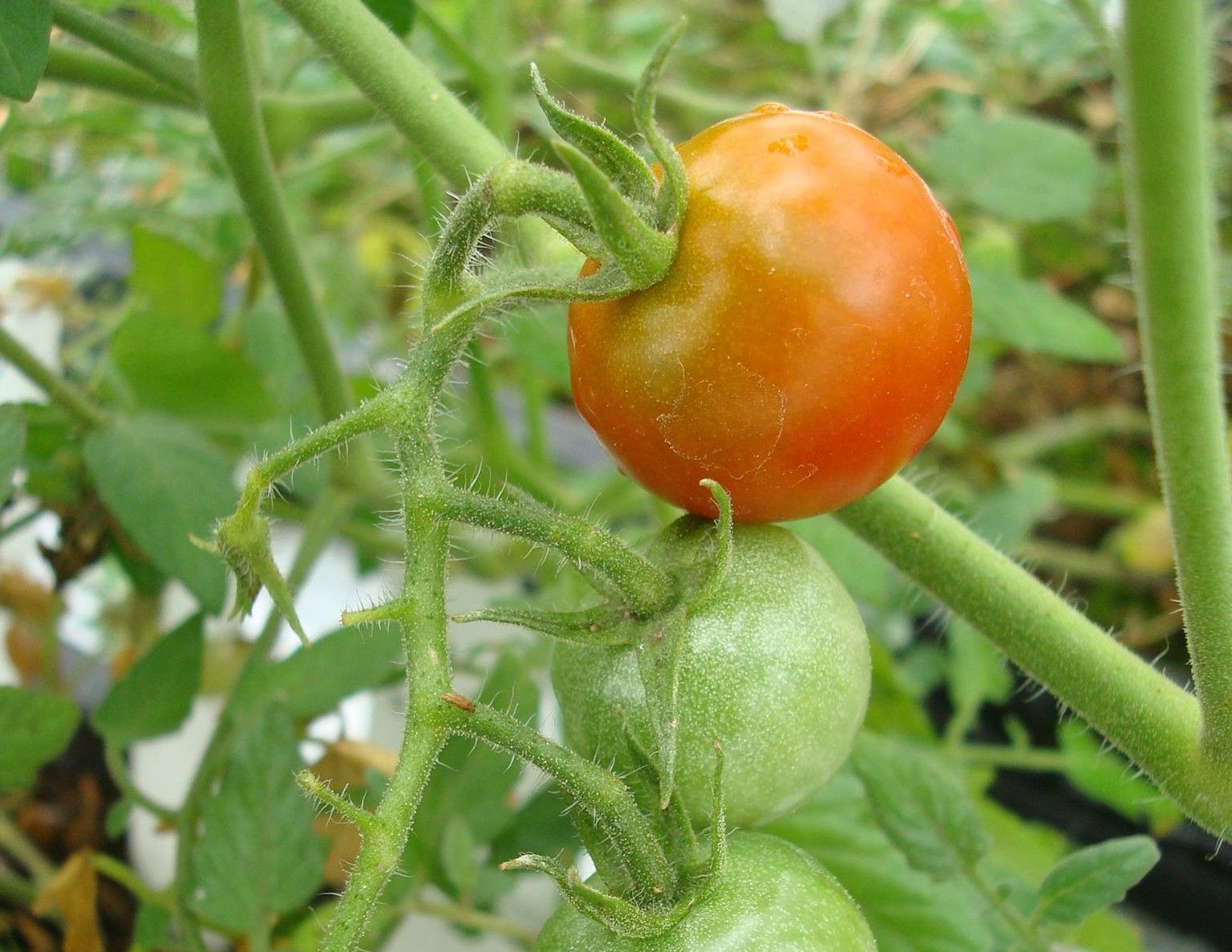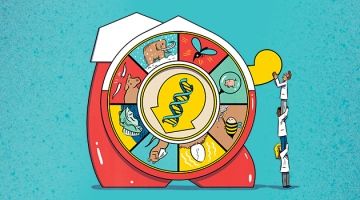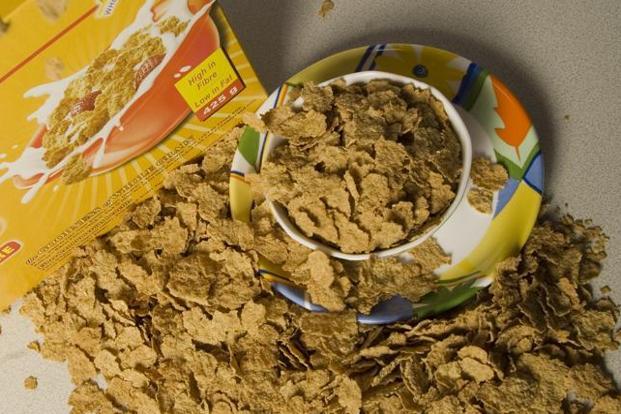“Lung cancer is one of the most commonly diagnosed cancers and the most common cause of cancer-related deaths in Manitoba”, said Dr. Sri Navaratnam, president and CEO of CancerCare Manitoba. They all are carbohydrate-containing foods with a high glycemic index (GI).
Almost two years ago, the American Lung Association launched LUNG FORCE, an initiative to defeat lung cancer and rally Americans to raise their voices in support of a cure.
Eating a lot of white bread, processed breakfast cereals, cakes and biscuits may increase your risk for lung cancer, warns a new study. Why? However, they recommend individuals to limit food items high in GI such as white bread, corn flakes, bagels and puffed rice. The study results encompass 1,905 cases and 2,413 controls.
Read more
